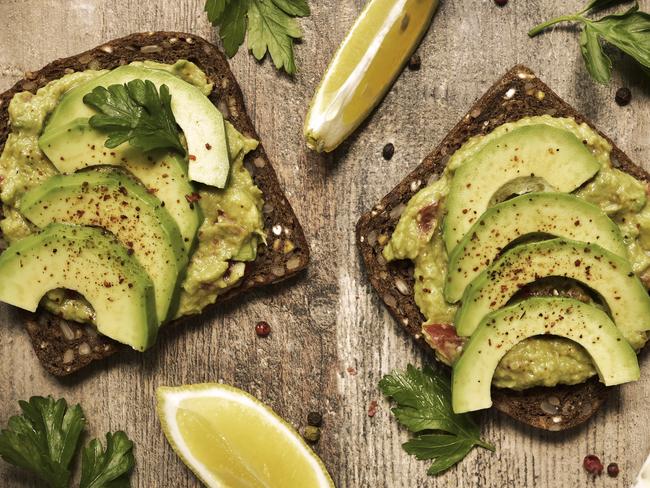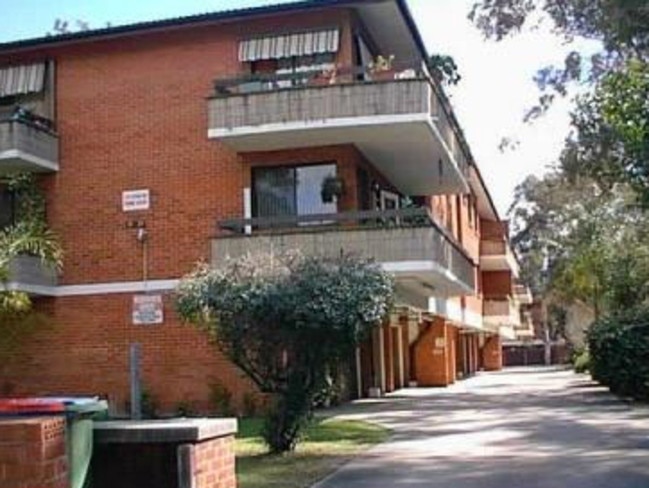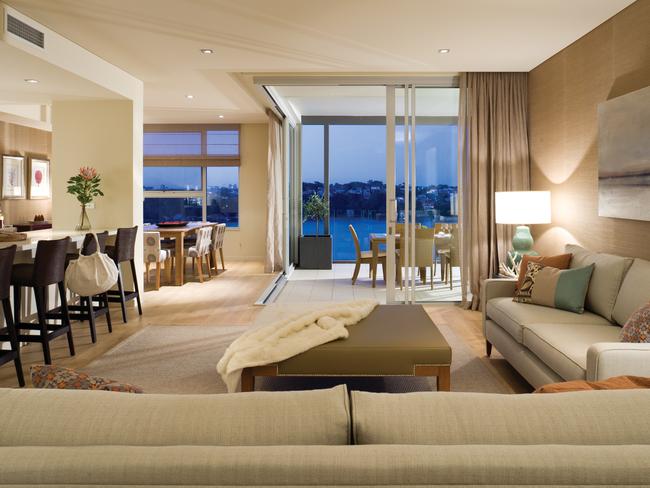Is Tim Gurner right? How much can you really save from giving up coffee and overseas trips?
A PROPERTY tycoon has created waves by saying young people need to stop buying $4 coffees if they want to own a home. So is he right?
A YOUNG rich lister has created waves after suggesting his generation needs to stop buying $4 coffees and travelling if they want to own a home.
The smackdown from developer Tim Gurner, 35, has been welcomed by some, but criticised by others who point out that he got his start thanks to $34,000 given to him by his grandfather.
But Mr Gurner has been ranked 157 on this year’s Financial Review Rich List so maybe he’s on to something.
Let’s take his advice and do the sums:
How much can you save from not buying a coffee every day?
If you cut back on buying a $4 coffee, five times a week (260 serves)
Your saving: $1040 a year
Cost to replace with Nescafe Blend 43 instant coffee 500g tin (250 serves) is $22.
Cost to replace with Lavazza Arabica Gold coffee beans, two 1kg bags (about 240 serves) is $65.98.

Skimping on a nice dinner
Cut back on one $50 dinner a week
Your saving: $2600 a year
Don’t take a taxi home after a night out
Cut back on one $25 cab fare a week
Your saving: $1300 a year
What about a big night out?
Once you factor in dinner and a few drinks, you can easily spend $150 in one night.
Your saving: $7800 a year
If you reduce your budget to $50 per night, the cost is $2600 so you will save $5200.

Eat breakfast at home
The much maligned avocado on toast can cost about $15 at a cafe, add a coffee on top of that and you can easily spend $20 for a weekend brekkie.
Your saving: $1040 a year
Drop one subscription service
Do you really need Apple iTunes or Google Play Music subscription plus Netflix, Stan and Spotify?
Give up one subscription that costs $10 a month.
Your saving: $120 a year
Buying lunch
Here’s another big one. Lunch can easily cost $10 per day and if you bring your own lunch (for $5 a day) you can save $25 a week.
Your saving: $1300 a year

Don't go overseas
Maybe your life won’t be Instagram-worthy but even if you are going to places like Thailand or Bali on a cheap airfare you can still easily rack up $2000 on an overseas holiday by the time you include accommodation, food, drinks, shopping and those duty-free indulgences.
Your saving: $2000
Sacrifice one weekend away
Stop treating yourself to that winery tour or cosy weekend away.
Your saving: $500
Don’t buy bottled water
This can easily cost you $4 a bottle and savings can add up, even if it’s just one bottle a week.
Your saving: $208 a year

THE VERDICT
If you give up buying a $4 coffee every day and replace with filter coffee you can save $974.02 a year.
Skipping one cafe breakfast ($1040), bringing your lunch every day ($1300) and cutting back on one $50 dinner a week ($2600), will bring the total to $5914.02.
Forgo one $2000 overseas trip and you can save $7914.02 in one year.
Double that if you are a couple and you can save $15,828.04.
If you have a hectic social life, all you need to do is stay home one night a week and watch that $7800 roll in.
But it would still take a single person four years to save the $34,000 given to Mr Gurner.
So even that small headstart makes a big difference to someone who doesn’t have that support, especially if you are living in a city like Sydney where dwelling prices have risen by a staggering 96 per cent in eight years.
However, the figures also reveal that small savings can help you get into the market.
If you are buying a $400,000 home, you would need at least $80,000, which includes stamp duty of $20,000 (calculated at 5 per cent) and a 15 per cent deposit of $60,000.
A couple could save this over five years if they were willing to live frugally for that long and to buy in a more affordable area.
This savings plan also doesn’t include any extra money they could save on top.


So yes, it’s possible to get into the housing market by saving small amounts. The question is, are you willing to make the sacrifice?
What did you do to save for a home? Comment below.



